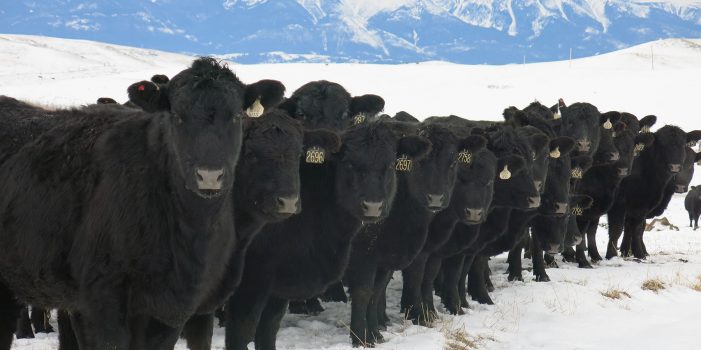Here are the latest items and commentary on current economics news, market trends, stocks, investing opportunities, and the precious metals markets. We also cover hedges, derivatives, and obscura. And it bears mention that most of these items are from the “tangibles heavy” contrarian perspective of JWR. (SurvivalBlog’s Founder and Senior Editor.) Today’s focus is on global instability in the financial markets, triggered by higher interest rates.
Precious Metals:
Frank Holmes: Confirmed Interest Rate Hike Inspiring Bullishness In Gold Traders
o o o
Jim Wycoff: Silver Is Presently A Longer-Term, Value-Buying Opportunity
Forex:
The Conundrum Of The US DOLLAR
o o o
Forex Daily Outlook – June 19, 2018
Cryptos:
What Crypto Thinks About the SEC Saying Ether Isn’t a Security
o o o
Crypto Startup Circle Reveals How It Chooses New Token Listings
Economy & Finance (Global Instability):
Charles Hugh Smith: Here We Go Again: Our Double-Bubble Economy
o o o
Wolf Richter: Next Mortgage Default Tsunami Isn’t Going to Drown Big Banks but “Shadow Banks”
o o o
And at Zero Hedge: “The Global Bond Curve Just Inverted”: Why JPM Thinks A Market Crash May Be Imminent
Tangibles Investing:
Spitznagel: “Hard Assets Will Return… The Heartland Will Matter Again”
o o o
How Are Farmers Affording High Land Prices?
Provisos:
SurvivalBlog and its Editors are not paid investment counselors or advisers. So please see our Provisos page for our detailed disclaimers.
News Tips:
Please send your economics and investing news tips to JWR. (Either via e-mail of via our Contact form.) These are often especially relevant, because they come from folks who particularly watch individual markets. And due to their diligence and focus, we benefit from fresh “on target” investing news. We often “get the scoop” on economic and investing news that is probably ignored (or reported late) by mainstream American news outlets. Thanks!














